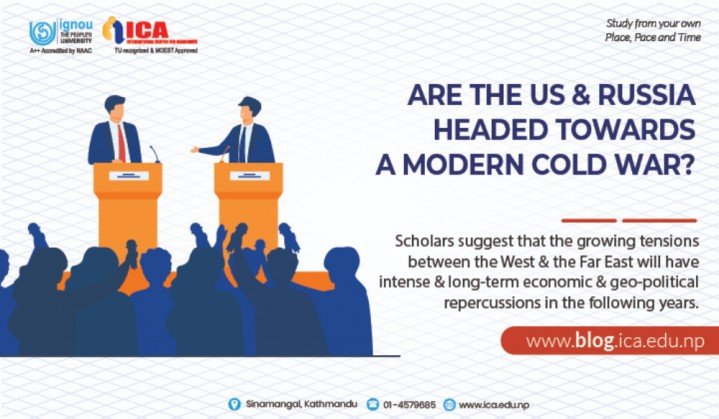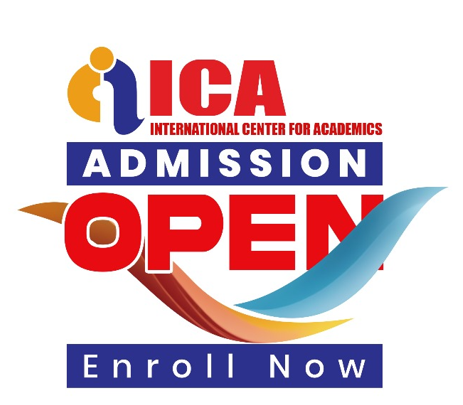
Are the USA and Russia headed towards a Modern Cold War?
Tensions arise among the international community as recent ideological confrontations are at a record high between the two giant world powers Russia and the US. Many analysts say that this might be the end of the American hegemonic world order view. With increasing contacts between Moscow and Beijing, Washington DC is at a high alert. The dialogues between Xi-Jinping and Vladimir Putin are raising tensions in the American and European camps.
The fiery speeches delivered last week by both Joe Biden and Vladimir Putin signal that the unspoken rivalry is at its peak. The leaders of both nations have taken up the blame game, however, the protection and advancement of their respective national interests are at the core of these actions.
Analysts speculate that the recent dialogues between President Xi and President Putin held in Moscow on the 21st of March, 2023 will be crucial in determining the further course of engagements between Russia, China and the West.
Whatever may be the short term narratives, the growing tensions do not seem to be fading away soon for international relations experts in the US and abroad. Scholars suggest that this growing tensions between the West and the Far East will have intense and long-term economic and geo-political repercussions in the years to come.
The first version of the Cold War saw two giant world powers, the US and former Soviet Union (USSR) head an ideological confrontation. Many people believe that this is the second cold war but the US regards China rather than Russia to be its alternate rival in terms of military, economic and other soft powers.
Does this mean that this new cold war is between the communist allies (including Russia and China) and the West? Or is it an ideological clash between Russia and the US alone? There have been numerous disputes and conflicts between the US and two countries China and Russia regarding the American interference in sovereign affairs of other nations such as Syria, Afghanistan and Ukraine, and differences with each other with regards to nuclear arms control.
The escalation of the current ideological confrontation also raises skepticism towards the growing dependency between multilateral institutions and western-block ideology. The arrest warrant issued by the (International Criminal Court) ICC against the Russian president is being seen as a US led move rather than a corrective action and has further deepened the ideological rivalry of Russia against the West.
The future is uncertain but will depend upon a variety of factors including the actions and policies of both the countries’ leaders, international events, and of course the evolving geo-political landscape.
 01- 4579685/ 4583902/ 4578471/ 4591485
01- 4579685/ 4583902/ 4578471/ 4591485 support@ica.edu.np
support@ica.edu.np
 9818505224
9818505224


